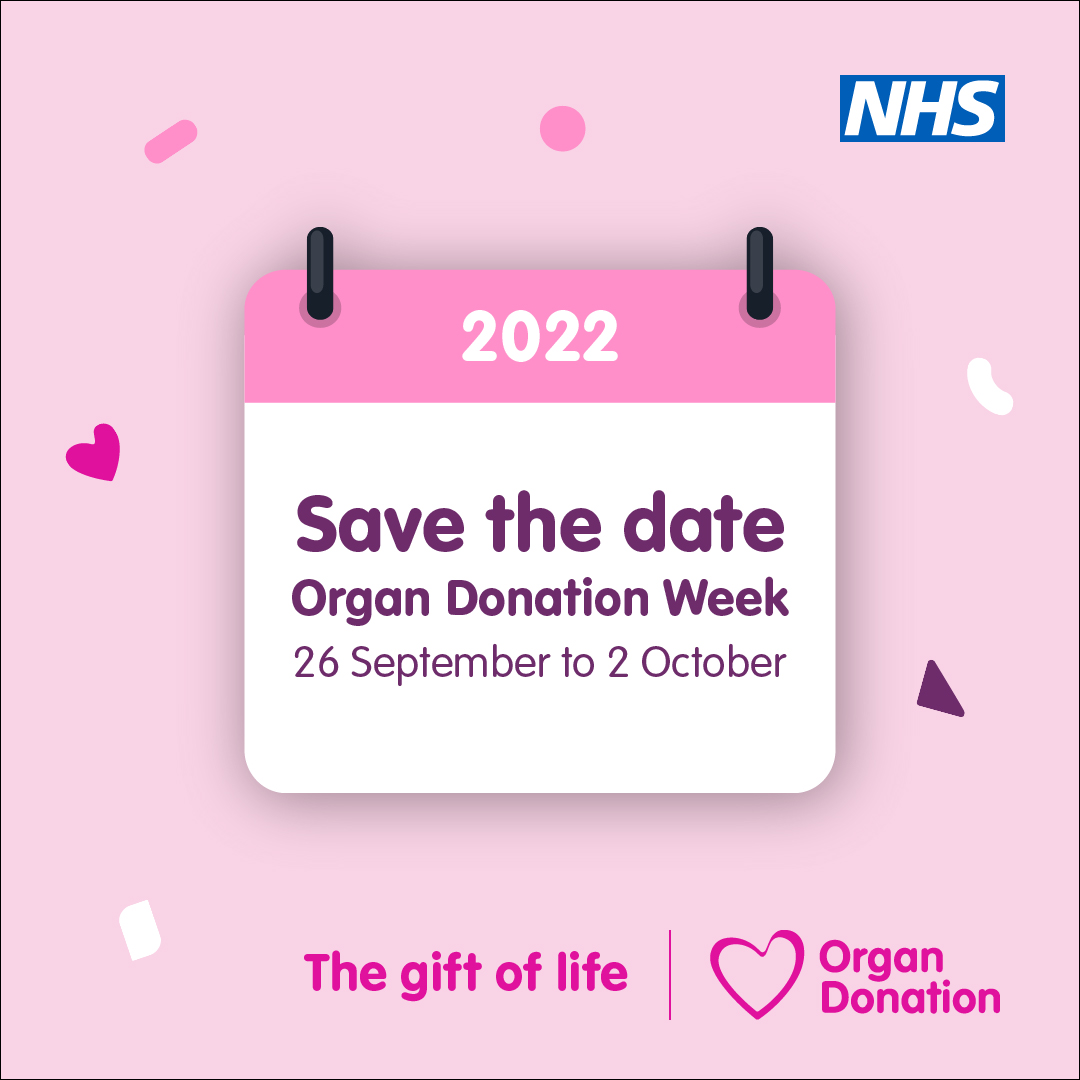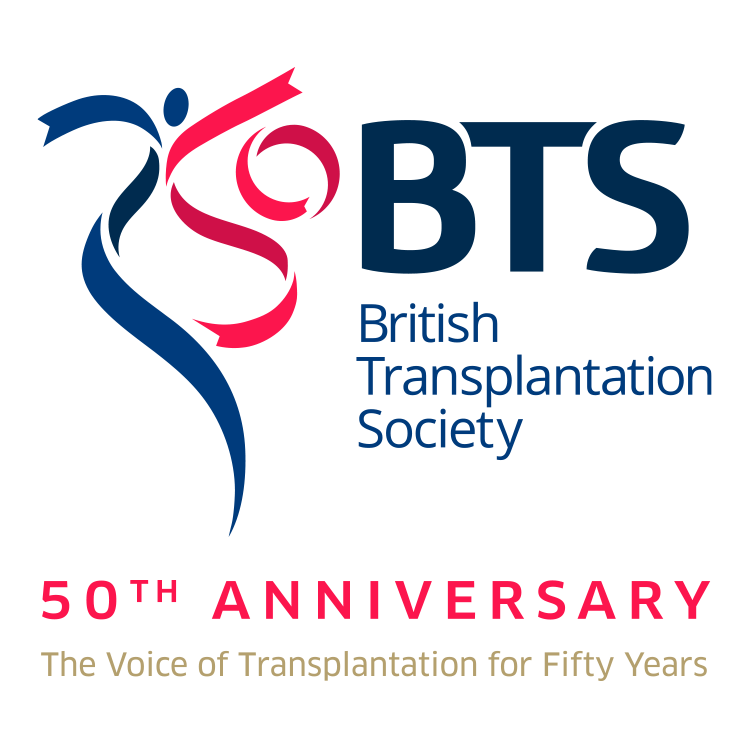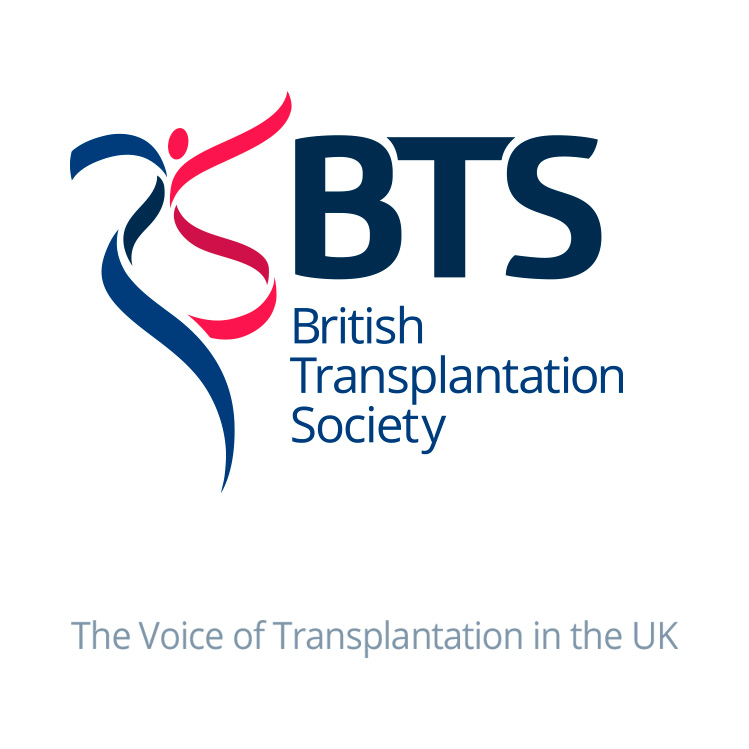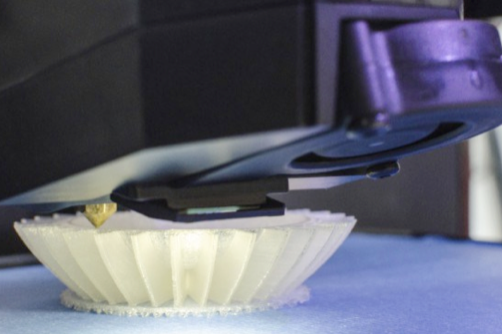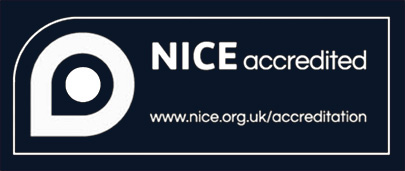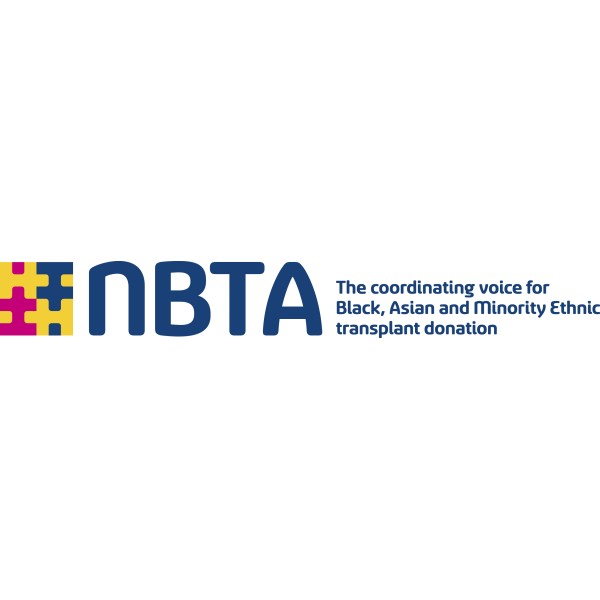
Living Donor Transplantation for Black, Asian and Minority Ethnic (BAME) Communities
NHS Blood and Transplant (NHSBT) have commissioned the National Black, Asian and Minority Ethnic Transplant Alliance to manage the delivery of a Living donor Transplantation Initiative, up until March 2018. The funding of £90,000 is in response to a recent decline in the number of living donor transplantations among BAME (Black, Asian and Minority Ethnic) communities. From 169 living donors from a BAME background in 2013/14 to 136 in 2015/16, there has been a decline of 19.5%.
The coordinated approach of NHSBT commissioned NBTA living transplant initiatives will address the inequality in donation and transplantation for BAME communities, and aim to widen the impact of effective practices that improve and save lives.
There are three key outcomes which NBTA will be required to achieve which are:
- 40 people from BAME background seeking information or expressing an interest in living donation
- 25 people from BAME background being assessed for living donation
- 10 people from BAME background, after assessment, being suitable for living donation
There are four priority geographical areas and BAME communities associated with each as follows.
- North West London : Hindu and Jain communities
- West London: Sikh communities
- London ( targeted boroughs): African and African-Caribbean communities
- Leicester: Hindu and Sikh communities
Although NBTA have four priority areas, NBTA would welcome initiatives from across the UK and funding permitting will be pleased to discuss any proposals.
Following this announcement for seeking submissions, all bids should be made by 5 December 2016, using the pro-forma. The Steering Group will announce decisions on the submissions on15 December 2016 and projects can commence by early 2017. This first round of submissions may be followed by a second round in early 2017, depending on the availability of the funding.
The overall outcome for focussing on BAME living donation work is to close the gap between black and minority ethnic communities and white communities in securing transplantations at the same time as securing savings to the NHS on the costs of healthcare. To reach these goals and the outcomes NBTA will deliver:
- Better awareness amongst BAME communities of health inequalities and the need for donation
- More collaborative working, and sharing of best practice amongst organisations including NHS Blood and Transplant working on donation and transplant to improve health outcomes for BAME communities
- Incremental change in the numbers of BAME people represented on donation registers and agreeing to transplantation.
- Collation of resources of effective interventions and materials on donation and transplant issues with BAME communities
- Behaviour change and increased BAME and Faith Community Engagement.
Sally Johnson, Director of Organ Donation and Transplantation at NHS Blood and Transplant said:
“People from Black and Asian communities have a higher incidence of conditions such as diabetes and certain forms of hepatitis, and currently make up a third of the active kidney transplant waiting list. Although some are able to receive a transplant from a white donor, for many the best match will come from a donor from the same ethnic background. While only 5% of all deceased organ donors currently come from black and Asian backgrounds, living donation can be the life-saving opportunity, a patient waiting for a transplant desperately needs. With increased awareness and improved information, we hope that more potential living donors will come forward and more patients will have their lives saved or transformed.”
Orin Lewis OBE, Co-chair of NBTA and Chief Executive of ACLT (African Caribbean Leukaemia Trust) said
“The NBTA applauds NHS Blood and Transplant (NHSBT) for committing its funds and trust in our members to delivering this initiative on behalf of the various UK BAME communities. This NHSBT funded initiative is a major “game changer” for BAME communities in relation to Living donor Transplantation. A successful undertaking of the 3 key outcomes will enable an acceptable positive ripple effect awareness effect from with the aforementioned BAME communities and result in more lives being saved.”
For more information on the Living Donor Transplantation Initiative and to request application pack please email Kirit Modi – Steering Group Chair on kiritmodi1@hotmail.com .
The National Black, Asian and Minority Ethnic Transplant Alliance (NBTA) is a forum of organisations, set up by the Department of Health, who work together on behalf of Black, Asian and Minority Ethnic (BAME) patients and communities. NBTA’s aims to address the disproportionality in stem cell, blood and organ donation through raising awareness of inequalities, promoting the importance of transplantation; with the aim of increasing the number of BAME donor registrations and consent to transplantation.
For more information on NBTA please visit http://www.nbta-uk.org.uk/2016/10/invitation-to-make-submissions-for-the-living-transplant-initiative-lti/
and for press interviews please contact either of the following Co-Chairs:
Mr Orin Lewis OBE on 020 3757 7700 or orin@aclt.org
